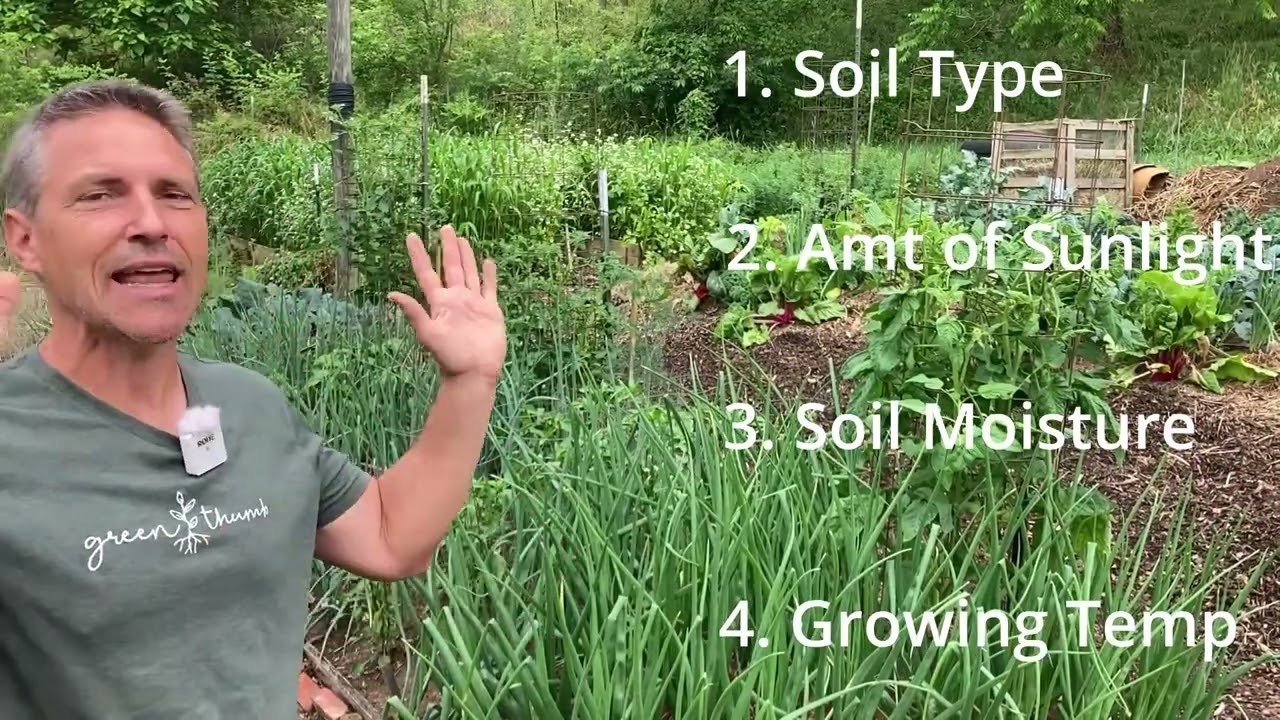Gardening Tips for a Thriving Garden
Gardening is a rewarding and therapeutic hobby that can transform any outdoor space into a lush, vibrant sanctuary. Whether you’re a seasoned gardener or a newcomer to the world of horticulture, there are always new tips and techniques to enhance your gardening experience. Here are some essential gardening tips to help you cultivate a thriving garden.
Know Your Soil
Healthy soil is the foundation of a successful garden. Start by testing your soil to determine its pH and nutrient levels. You can purchase a soil test kit from a garden center or send a sample to a local extension service. Depending on the results, you may need to amend your soil with compost, lime, or other soil conditioners to improve its texture and fertility.
Choose the Right Plants
Selecting plants that are well-suited to your climate, soil, and sunlight conditions is crucial. Consult local gardening resources or extension services for advice on plants that thrive in your region. Consider native plants, as they are adapted to local conditions and typically require less water and maintenance.
Plan Your Garden Layout
Designing a thoughtful garden layout can maximize space and enhance the visual appeal of your garden. Group plants with similar water and sunlight needs together. Incorporate pathways and seating areas to create a functional and enjoyable outdoor space. Remember to consider the mature size of plants to avoid overcrowding.
Water Wisely
Watering is one of the most important aspects of gardening. Early morning is the best time to water your garden, as it reduces evaporation and allows plants to absorb moisture before the heat of the day. Water deeply and infrequently to encourage deep root growth, and be mindful of local water restrictions and conservation practices.
Mulch for Moisture and Weed Control
Applying mulch around your plants offers numerous benefits. It helps retain soil moisture, suppresses weed growth, and regulates soil temperature. Organic mulches, such as wood chips, straw, or leaves, break down over time, adding nutrients to the soil.
Prune and Deadhead Regularly
Regular pruning helps maintain the health and appearance of your plants. Remove dead or diseased branches to prevent the spread of disease and encourage new growth. Deadheading, or removing spent flowers, promotes continued blooming in many flowering plants.
Fertilize Appropriately
Fertilizers provide essential nutrients that may be lacking in your soil. Choose a fertilizer that matches the specific needs of your plants, whether they require balanced nutrients or specialized formulations. Follow the recommended application rates and timing to avoid over-fertilizing, which can harm plants and the environment.
Pest and Disease Management
Keeping an eye out for pests and diseases is vital for maintaining a healthy garden. Regularly inspect your plants for signs of trouble, such as discolored leaves or unusual spots. Use integrated pest management (IPM) techniques, including encouraging beneficial insects, using organic treatments, and practicing good garden hygiene, to manage pests and diseases effectively.
Companion Planting
Companion planting involves growing certain plants together to benefit each other. For example, planting marigolds near tomatoes can help repel pests, while beans can fix nitrogen in the soil, benefiting neighboring plants. Research companion planting strategies to optimize your garden’s health and productivity.
Seasonal Care and Maintenance
Gardening is a year-round activity that requires seasonal attention. In spring, focus on planting and soil preparation. Summer is the time for regular watering and weeding. In autumn, clean up garden debris and prepare for winter. Winter is a good time to plan for the next growing season and address any garden issues.
Conclusion
Gardening is both an art and a science, and with these tips, you’ll be well on your way to cultivating a flourishing garden. Embrace the learning process, adapt techniques to suit your specific conditions, and most importantly, enjoy the journey. Happy gardening!
